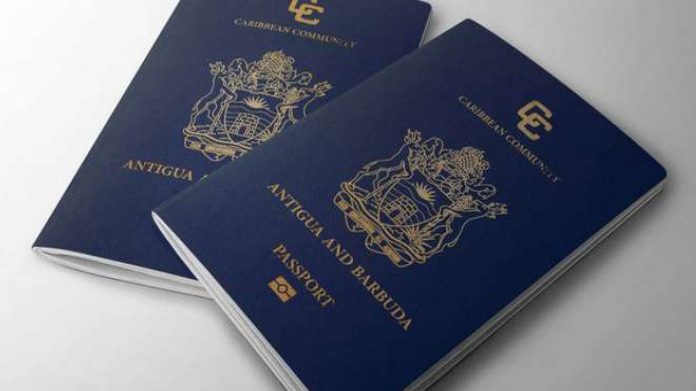By Orville Williams
More details of the impending immigration amnesty for non-nationals residing in Antigua and Barbuda were released yesterday, with a two-tiered application system and the fees attached among the key points.
According to this week’s post-Cabinet media report, one tier of the amnesty will be for persons who have resided in the country for more than four years, but less than seven, while the other will be for those who racked up more than seven years and, therefore, qualify for citizenship.
The government has previously said it is aware that many non-nationals have been unable to regularise their status due to financial challenges, and for that reason, it says it has slashed many of the fees required.
The processing fee for the amnesty, which should accompany the application form, will be EC$200 per person.
Caricom nationals will be charged an extension fee of EC$150, while a fee of EC$300 will be applied to non-Caricom nationals.
In addition, those Caricom nationals seeking citizenship will be asked to pay an additional ‘base fee’ of $2,000, with a processing fee of $200.
And for non-Caricom nationals looking to become citizens, the ‘base fee’ is $3,500 and the processing fee is $200.
The Immigration and Passport (Amendment) Act 2015 allows “illegal immigrants” to seek amnesty to have their time in the country extended, and the government has tried on previous occasions to encourage these immigrants to come forward and regularise their status.
This has not always worked out as intended, according to Chief of Staff in the Office of the Prime Minister Lionel Hurst, but he told yesterday’s post-Cabinet media briefing that thousands of persons could come forward this time around.
“We can’t give a precise answer [to how many will take advantage of the amnesty] and a part of the reason is that the people who may not be regularised in Antigua may or may not show up for this amnesty.
“We’ve had it in the past, where amnesty has been offered, and yet the folks who are required to appear before the immigration authorities are fearful. As a consequence, [they] do not show up.
“So, we can take a guess that it will be somewhere between 2,000 and 4,000 [persons], but we don’t know [for sure],” Hurst said.
The amnesty will run from March 1 to April 30 this year, on Mondays to Fridays from 2pm to 8pm.
As part of the government’s push for efficiency in the amnesty process, it also advised that numbered application forms will be distributed and available for collection at the Immigration Department and the various consulates in Antigua.

